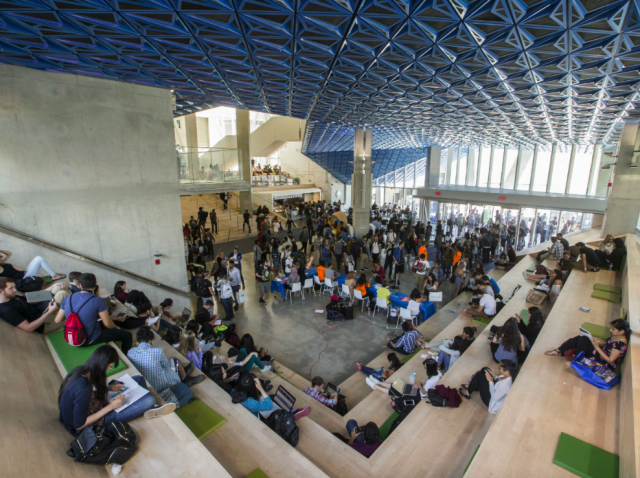The Faculty of Science at Ryerson University and the Canadian Science Policy Centre have released a report that outlines strategies for enforcing equity, diversity, and inclusivity in STEM.
The report, called “Equity, Diversity, and Inclusivity in Science, Technology, Engineering, and Mathematics: Forging Paths to Enhanced Innovation,” is based on findings from a roundtable held at Ryerson University in Spring 2017, which focused on facilitating dialogue, sharing knowledge, and seeking best practices among a variety of sectors.
Imogen Coe, dean of the faculty of science at Ryerson University, and Mehrdad Hariri, CEO and president of the Canadian Science Policy Centre led this initiative and invited representatives from academia, companies, industry associations, innovation supporters, and not-for-profit organizations. The goal behind this event, and the subsequent report, is to have discussions that will build strong equity, diversity, and inclusivity (EDI) in the STEM ecosystem. A total of 44 stakeholders came together to share perspectives and expertise, and propose solutions for implementing EDI in STEM.
“Workshops for women in STEM and science camps for girls will not change participation rates for women and under-represented groups in STEM, unless the culture and workplace also increase accessibility by removing systemic barriers and bringing in accountability and consequences,” said Coe.
A few of the report’s key findings include the need for EDI to be built into STEM-programming across sectors and organizations, the need for EDI to be built into hiring practices and at every other stage of the STEM talent pipeline, and the need for EDI to be built into the culture of academic and professional environments through awareness and training.
As a result of discussions at the roundtable, the report proposed four steps for bringing together different sectors and facilitating the development of strategies that embrace EDI in STEM.
The report encourages companies and institutions to coordinate efforts between education and the workforce, identify mechanisms and approaches that hold organizations and institutions accountable, outline consequences for failures to act and incentivize EDI, and rethink and reconsider what is valued in STEM by including Indigenous knowledge, feminist perspectives, and critical race perspectives.
Details from the discussion at the roundtable and the full report is available here.


